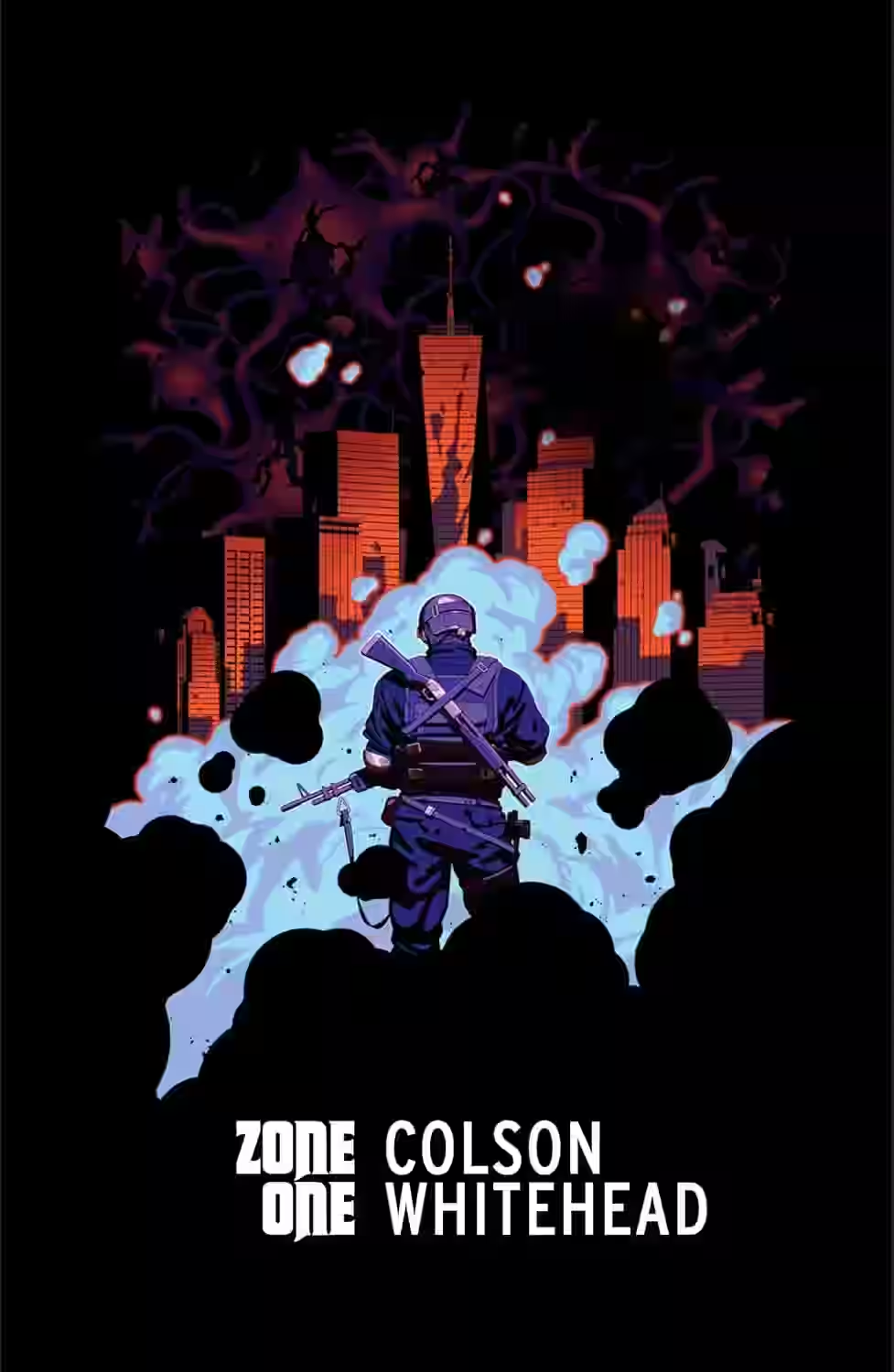
In Zone One, Colson Whitehead presents a literary take on the zombie apocalypse genre. The novel follows Mark Spitz, a survivor tasked with clearing Manhattan of residual zombies, known as "stragglers," after a devastating plague. As he navigates the desolate city, Mark reflects on the pre-apocalyptic world and the psychological toll of survival. Whitehead's narrative delves into themes of memory, trauma, and the human condition, offering a contemplative perspective on societal collapse. The book blends horror elements with incisive social commentary, elevating the zombie narrative to a profound exploration of resilience and identity.
About Colson Whitehead
An American novelist, whose works often explore race, American history, and social issues through diverse literary styles, from realism to speculative fiction. He is one of only four writers to win the Pulitzer Prize for Fiction twice, for The Underground Railroad and The Nickel Boys. Whitehead's powerful narratives and ability to blend historical research with imaginative storytelling make him a crucial contemporary American voice.
Other Books by Colson Whitehead
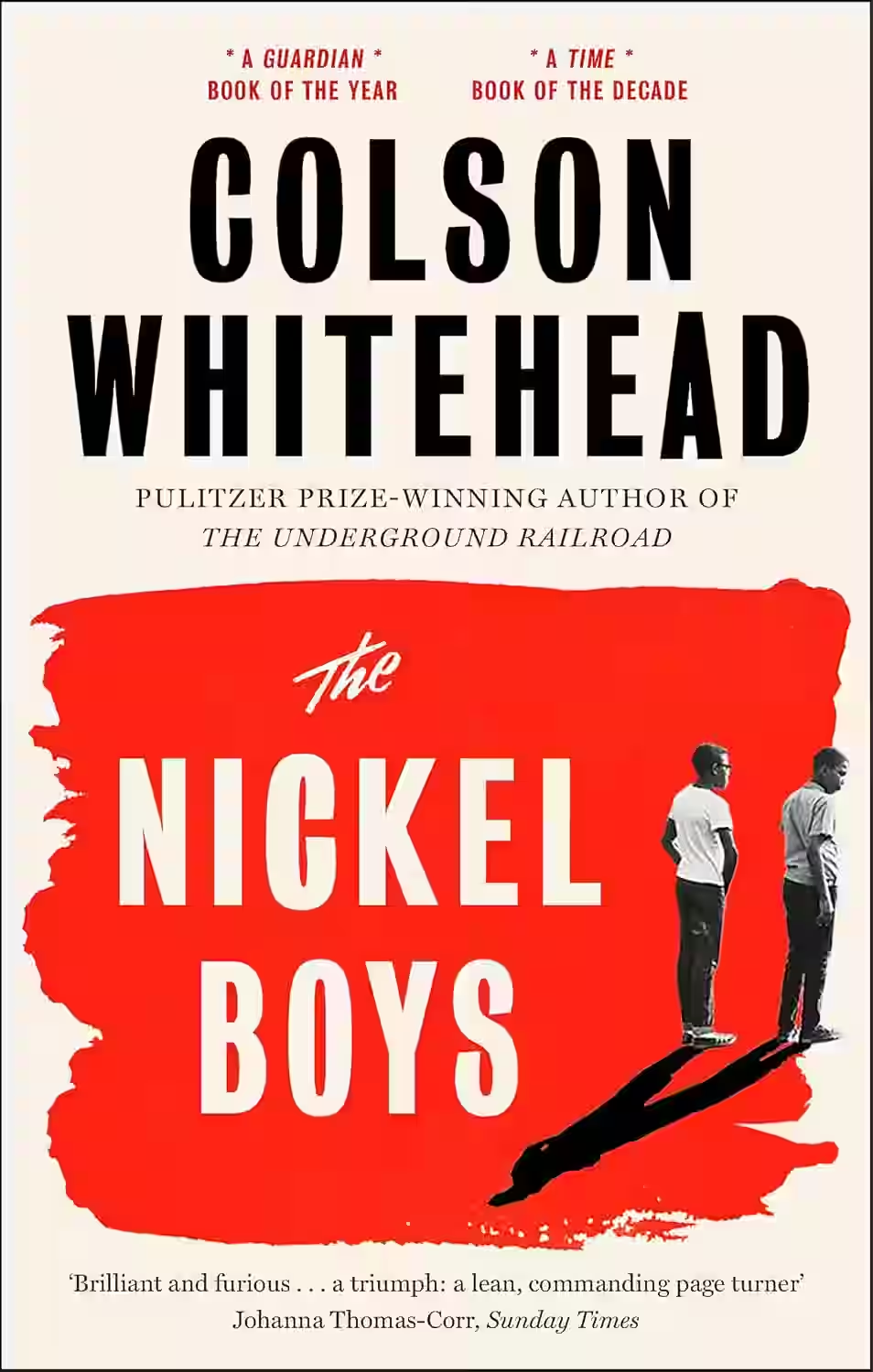
The Nickel Boys
Based on true events, The Nickel Boys tells the harrowing story of Elwood Curtis, a promising Black teenager unjustly sent to a brutal reform school in Jim Crow–era Florida. There, he befriends the more cynical Turner as they struggle to survive the abuse and corruption of the institution. Colson Whitehead’s novel is a powerful indictment of systemic racism and the lingering trauma of institutional violence. With spare, elegant prose and devastating emotional impact, The Nickel Boys explores the collision between idealism and reality. Winner of the Pulitzer Prize, it stands as a haunting reminder of the past’s grip on the present.
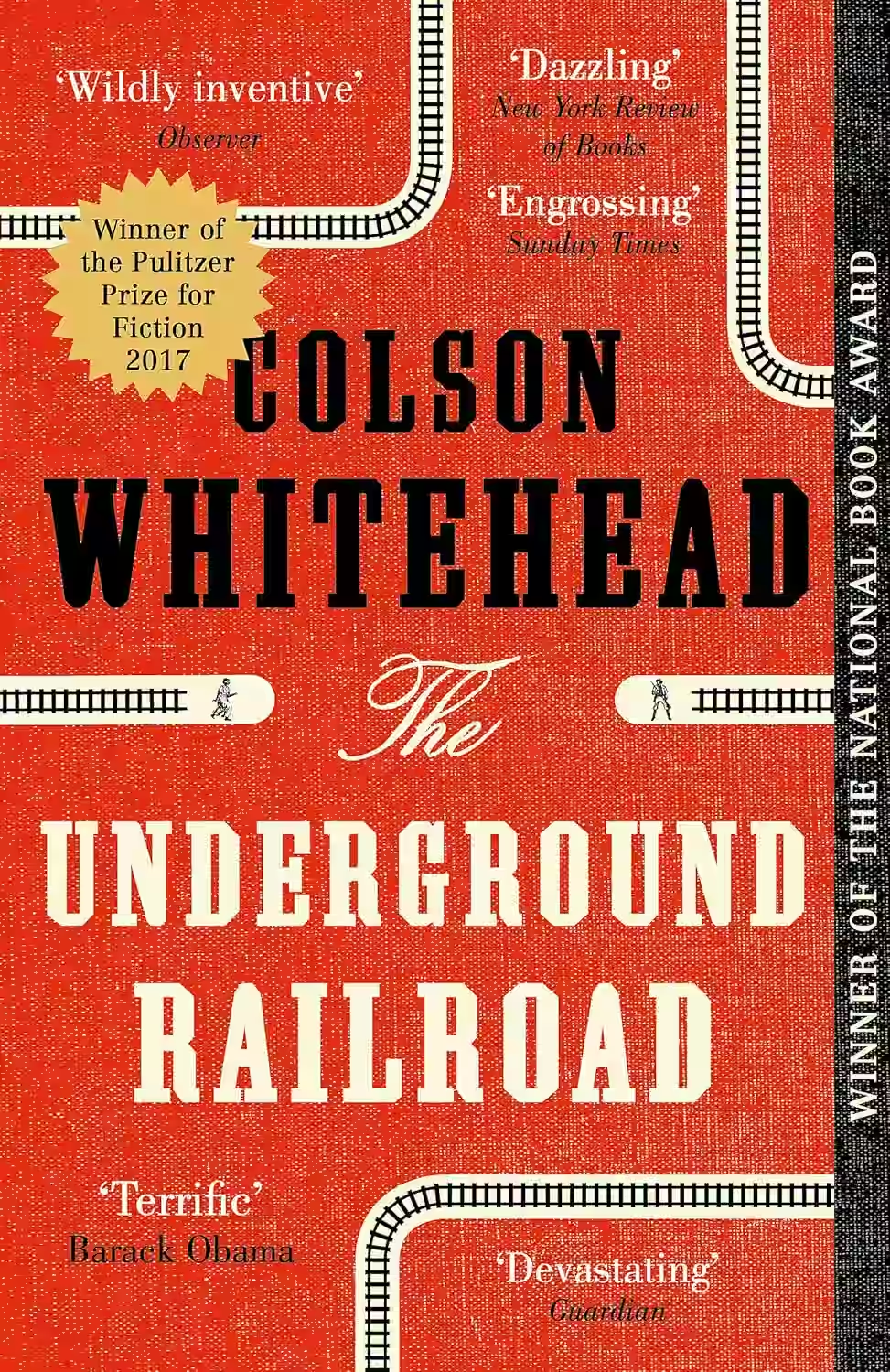
The Underground Railroad
Colson Whitehead's The Underground Railroad reimagines the historical network as an actual subterranean train system, following the journey of Cora, a young enslaved woman seeking freedom. As she travels through different states, each with its own challenges, the novel explores the brutal realities of slavery and the enduring quest for liberation. Whitehead's blend of historical fiction and magical realism offers a powerful commentary on America's history and the resilience of those who fought against oppression.
Similar Books
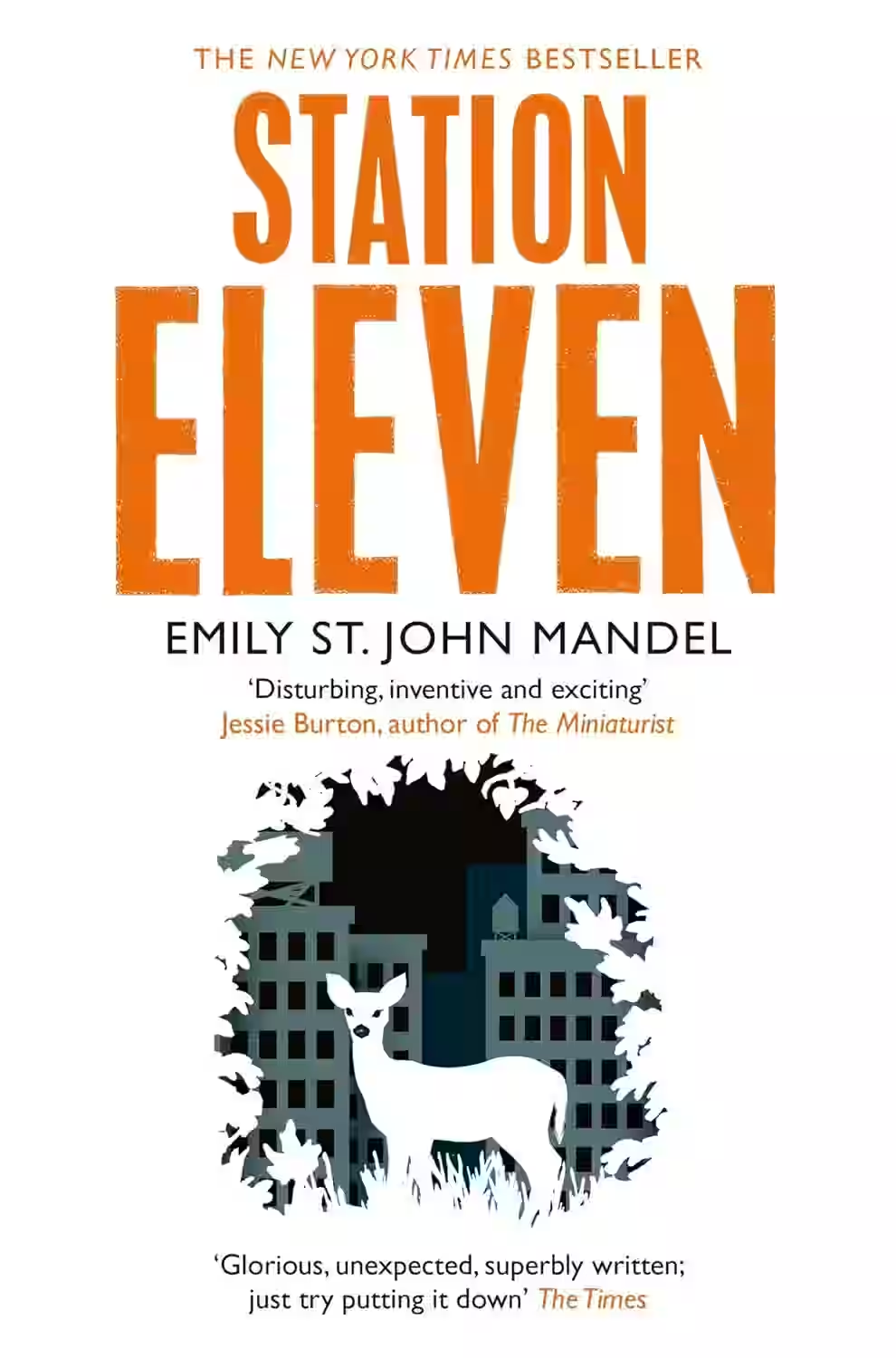
Station Eleven
Station Eleven by Emily St. John Mandel is a haunting and beautifully written novel set in the aftermath of a devastating pandemic. It weaves together the lives of a Hollywood actor, a nomadic group of performers, and survivors clinging to remnants of the old world. Spanning decades and shifting between past and future, the story explores memory, art, and human connection in the face of collapse. As the Traveling Symphony brings Shakespeare to scattered settlements, Mandel examines what remains when everything else is lost. A moving, literary tale of resilience and the enduring power of storytelling.

House of Leaves
A young family moves into a small home on Ash Tree Lane where they discover something is terribly wrong: their house is bigger on the inside than it is on the outside. Of course, neither Pulitzer Prize-winning photojournalist Will Navidson nor his companion Karen Green was prepared to face the consequences of that impossibility, until the day their two little children wandered off and their voices eerily began to return another story—of creature darkness, of an ever-growing abyss behind a closet door, and of that unholy growl which soon enough would tear through their walls and consume all their dreams.

The Library at Mount Char
Carolyn's not so different from the other people around her. She likes guacamole and cigarettes and steak. She knows how to use a phone. Clothes are a bit tricky, but everyone says nice things about her outfit with the Christmas sweater over the gold bicycle shorts. After all, she was a normal American herself once. That was a long time ago, of course. Before she and the others were taken in by the man they called Father. In the years since then, Carolyn hasn't had a chance to get out much. Instead, she and her adopted siblings have studied the books in his Library and learned some of the secrets of his power. And sometimes, they've wondered if their cruel tutor might secretly be God. Now, Father is missing—perhaps even dead—and the Library that holds his secrets stands unguarded. And with it, control over all of creation.
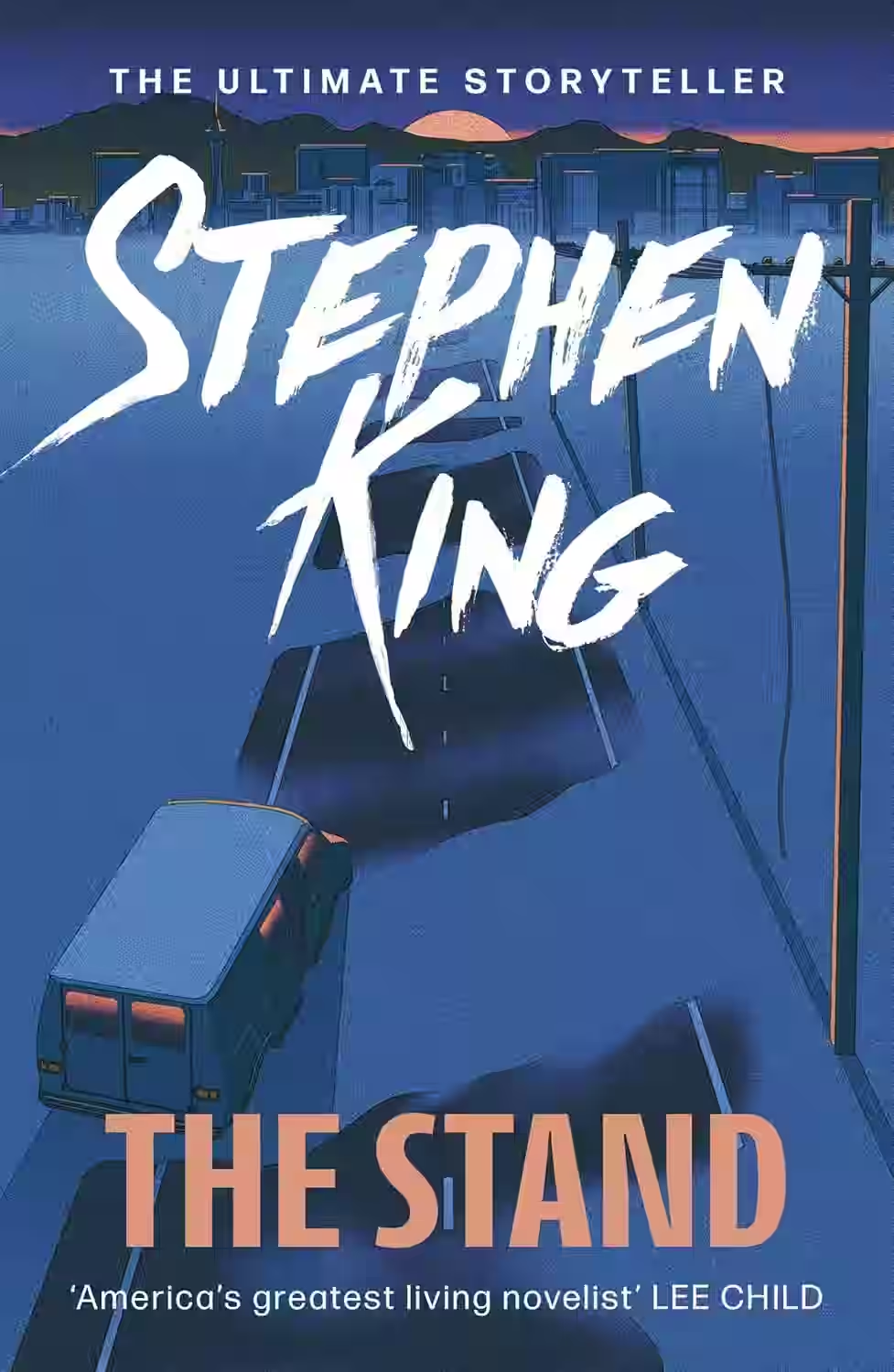
The Stand
by Stephen King
In Stephen King's epic novel 'The Stand,' a superflu virus wipes out most of humanity, leaving the survivors to navigate a decimated world divided between the forces of good and evil. The story follows a diverse group of characters who must confront their inner demons and choose sides as they are drawn to two powerful figures leading the remnants of humanity. Through its exploration of themes like morality, sacrifice, and the battle between light and darkness, 'The Stand' is a gripping tale of survival, redemption, and the resilience of the human spirit.